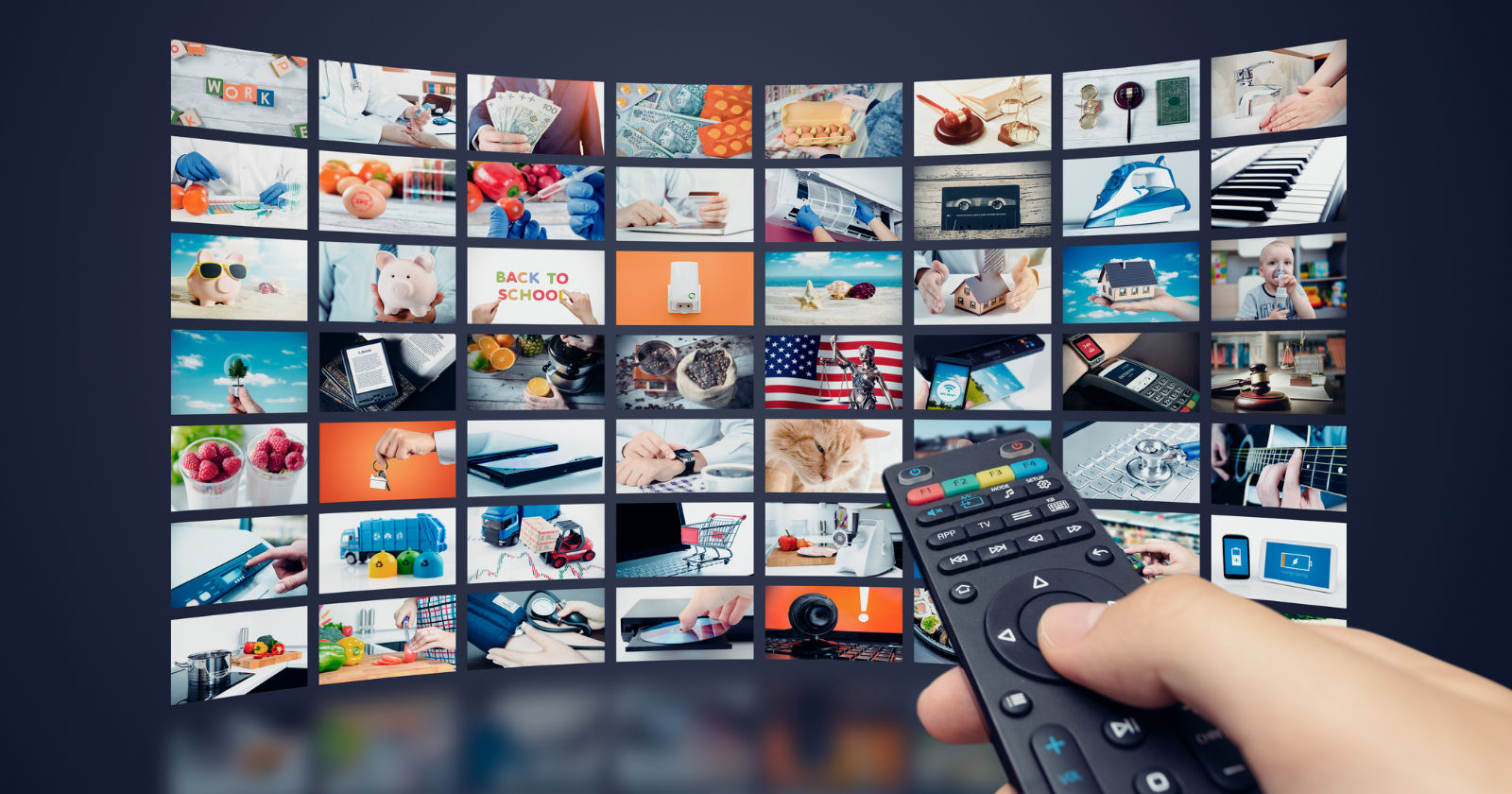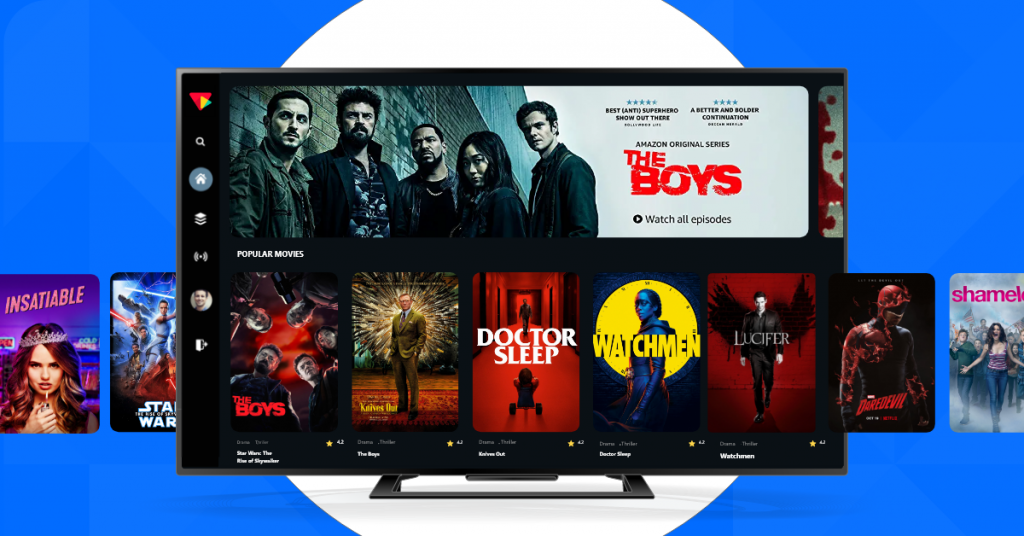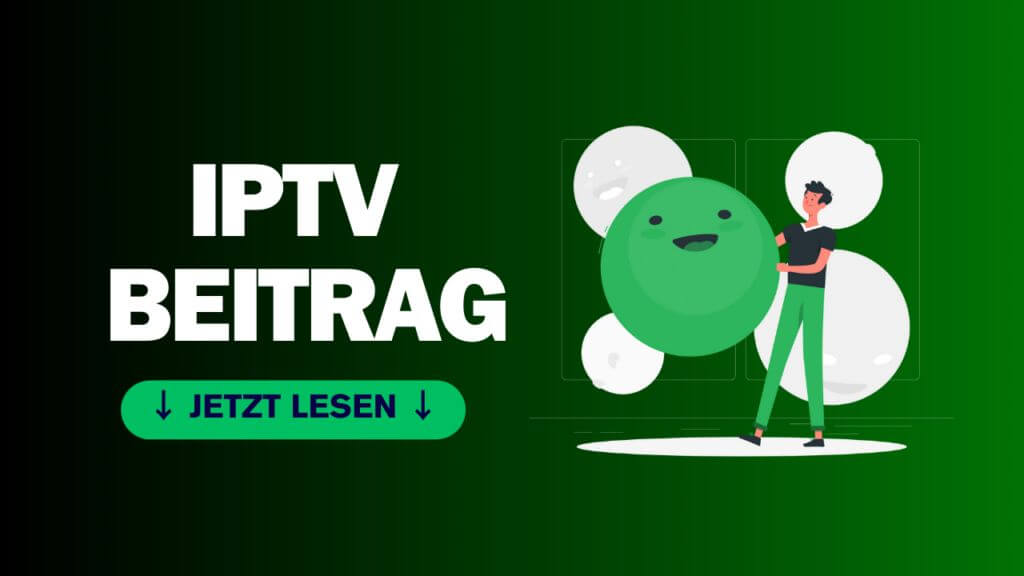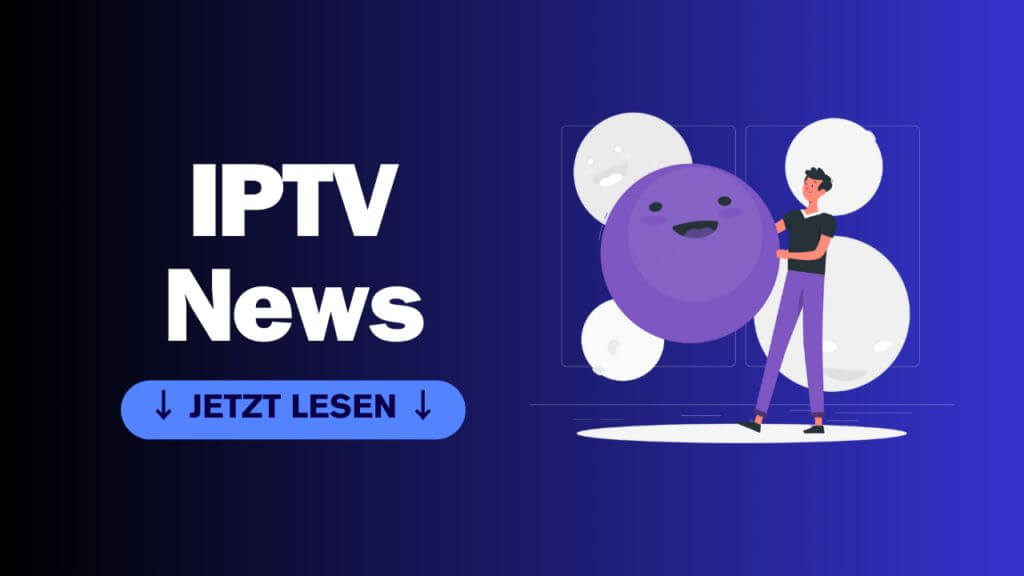Introduction to the world of digital television
In today's fast-paced digital world, it is more important than ever to understand the difference between IPTV and Video on Demand (VoD). Both technologies have revolutionized the viewing experience, but they serve different purposes and offer different benefits. In this article, we take an in-depth look at the difference between IPTV and Video on Demand and help you choose the best option for your needs.

Table of Contents
What is IPTV?
Internet Protocol Television (IPTV) is a technology that enables television over the internet. In contrast to traditional television, which is transmitted via cable or satellite systems, IPTV uses the internet to stream live TV programs.
Main features of IPTV:
- Live transmissionIPTV offers live streaming of television programs.
- InteractivityMany IPTV services enable interactive functions such as video-on-demand or time-shifted television.
- Channel diversityUsers have access to a wide range of channels, both nationally and internationally.
What is Video on Demand (VoD)?
Video on demand refers to the ability to stream videos at any time and on demand. This includes films, series and other media content that is available on demand. Platforms such as Netflix, Amazon Prime and Disney+ are well-known examples of VoD services.
Main features of Video on Demand:
- FlexibilityView content when it suits you.
- Extensive librariesAccess to a large selection of movies and series.
- User experiencePersonalized recommendations and user-friendly interfaces.
Main differences between IPTV and video on demand
The main differences lie in the type of content delivery and the available functions. IPTV is mainly intended for live streaming, while VoD offers more flexibility in the selection and timing of content consumption.
Internet Protocol Television vs. VoD - content access
- IPTVAccess to live programs and time-shifted television.
- VoDContent is available at any time and without time restrictions.
IPTV vs. VoD - user experience
- IPTV: Offers a more traditional viewing experience with the ability to watch live events.
- VoDAllows users to create their own viewing habits and preferences.
Which technology suits you?
The decision between IPTV and video on demand depends on your individual preferences. Are you a fan of live sporting events or news programs? Then IPTV is the right choice. Do you prefer to watch series and movies at your own pace? Then VoD is the better option.

Conclusion: The optimal way for your digital TV experience
The Difference between IPTV and Video on Demand is clear - while IPTV brings traditional TV into the digital era, VoD offers ultimate flexibility and a personalized experience. The choice depends on your individual needs and viewing habits.
Frequently asked questions
IPTV stands for Internet Protocol Television. Unlike traditional television, which is received via cable, satellite or terrestrial transmission methods, IPTV uses the internet to stream live TV programs. This offers additional features such as interactivity and a wider choice of channels.
No, VoD services such as Netflix or Amazon Prime do not offer live TV broadcasts. They specialize in streaming films and series that can be accessed at any time. IPTV or traditional television is required for live TV.
For IPTV, you usually need a set-top box or a compatible smart device and a stable internet connection. VoD streaming can be done on a variety of devices such as smart TVs, computers, tablets or smartphones, often only requiring a corresponding app. In both cases, a good internet connection is important for optimal streaming quality.
Further information
Did you like this article on the difference between IPTV and Video on Demand? For more information about digital TV options and to stay up to date, follow our news blog and follow us on our social media channels!


